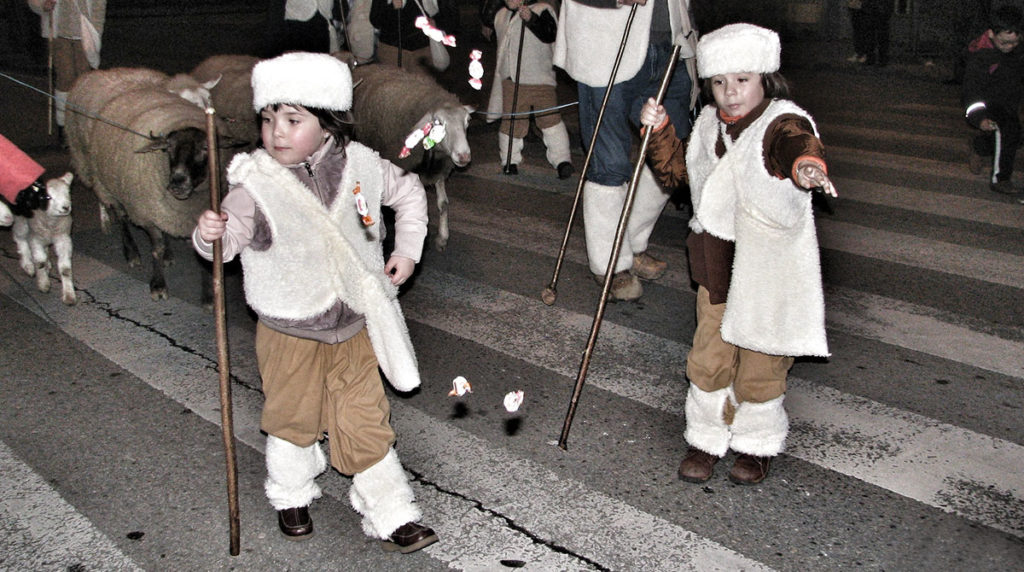
The wonderful thing about suffering something new or unexpected is that you suffer other things less. Take my knees. On any normal day, I am aware of my achy knees. But in a footrace, struggling for breath, I don’t feel any knee pain at all. I don’t even know I have knees: that’s how little I’m aware of them. I remember going to my father with a hurt finger when I was a child and holding it up. He’d look it over, perhaps take it between his thumb and forefinger and give it a squeeze. Good, he might say, not broken. His thoughtful expression showed that he was, even so, sympathetic to my distress, though not too worried. Then he would propose his solution: step on my toe to cure my finger. I’d protest, and he would act surprised. But you won’t think about your finger at all, he’d say.
The lesson was the simple one of be glad it’s only your finger, not your finger and toe. It could be worse, in other words. Also, live with it if you can because the solution to your problem might turn out to be a bigger problem. Behind this was the assumption that if it’s not one thing, it’ll be another, and you shouldn’t get too worked up about small complaints. How long it took for the lesson to sink in I don’t know, but I did learn not to go with little troubles looking for big sympathy, not because I didn’t get any but because it didn’t fix my finger. Besides, if it was just a little understanding I was after, why go with a tear when you got the same interest and generous attention if you went with a smile?
The two children in the Cat in the Hat Comes Back learn a similar lesson from the visiting Cat, who appears on a winter day full of piled snow that they are shoveling. Their mood is dour. They’ve got no time for him, they say. “Just stay here you two,” says the Cat as he goes right into the house, jumps into the tub, and eats a piece of pink cake there. When the children let the water out in protest, they find they have a problem of a pink ring left in the tub. They are upset, but not the Cat. “Have no fear of that ring,” laughs the Cat in the Hat, because he knows how to take rings off tubs, “Just like that!” And he does, transferring the pink ring to a white dress, then from the dress to a wall, then to Dad’s $10 shoes. The rug in the hall is next. Looking at the book now I wonder if I as a child had any notion that had I accepted my dad’s toe-stomp solution to the hurt finger, there’d have been a solution to pain in my foot too. And to the hurt arising from the new solution. And then to the new hurt too from that solution. My dad was surely as imaginative as the Cat in the Hat. His style was calmer, not so antic, but just as the Cat got rid of the spot problem, my dad would have kept on getting rid of my pain problem.
The Cat in the Hat goes off at the end of the story, the host of helpers he’s called out all tucked neatly back under his hat. The Cat hasn’t been at a loss even one time, though once or twice he acted as if he were. He leaves as jauntily as he’d arrived. He tells the children as he goes, “If you ever have spots, now and then, I will be very happy to come here again …” Solve your own problems, or let me. Lucky children, with a Cat. Lucky little girl that I was, with my dad. Tomorrow is Día de los Reyes Magos, Kings Day, in Spain, and little children will be waking up, hurrying from their rooms to see what gifts the three kings have left for them. I hope the children are all happy with their toys. And even more, lucky throughout the year with the size of the problems that present themselves and the possibility of controlled escalation until suddenly, magically, all they have again is a snow pile to shovel or a hurt finger to endure. Troubles so much worse than those are waiting, and we all need a good start—a good lesson—on getting the better of them. That’s a great gift.


